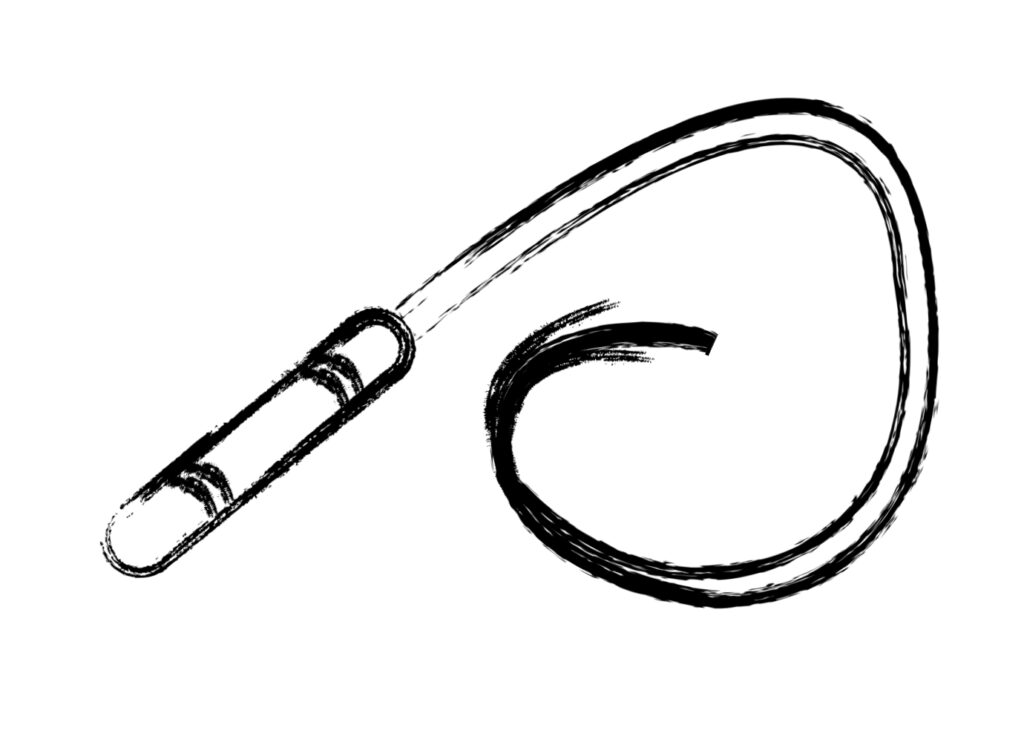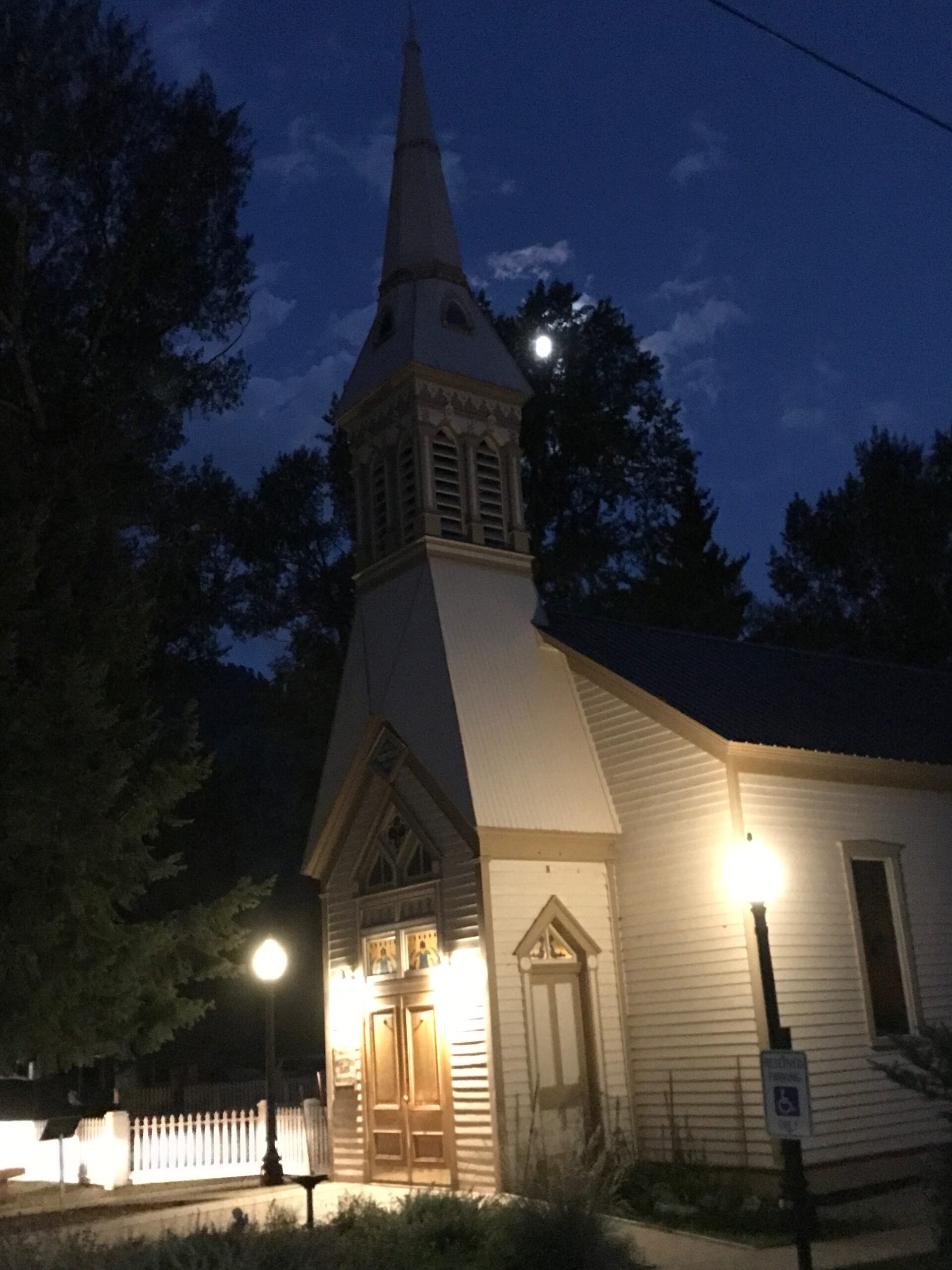
Exodus 3
Moses was keeping the flock of his father-in-law Jethro, the priest of Midian; he led his flock beyond the wilderness and came to Mount Horeb, the mountain of God. There the angel of the Lord appeared to him in a flame of fire out of a bush; he looked, and the bush was blazing, yet it was not consumed. Then Moses said, “I must turn aside and look at this great sight and see why the bush is not burned up.” When the Lord saw that he had turned aside to see, God called to him out of the bush, “Moses, Moses!” And he said, “Here I am.” Then he said, “Come no closer! Remove the sandals from your feet, for the place on which you are standing is holy ground.” He said further, “I am the God of your father, the God of Abraham, the God of Isaac, and the God of Jacob.” And Moses hid his face, for he was afraid to look at God.
Then the Lord said, “I have observed the misery of my people who are in Egypt; I have heard their cry on account of their taskmasters. Indeed, I know their sufferings, and I have come down to deliver them from the Egyptians and to bring them up out of that land to a good and spacious land, to a land flowing with milk and honey, to the country of the Canaanites, the Hittites, the Amorites, the Perizzites, the Hivites, and the Jebusites. The cry of the Israelites has now come to me; I have also seen how the Egyptians oppress them. Now go, I am sending you to Pharaoh to bring my people, the Israelites, out of Egypt.” But Moses said to God, “Who am I that I should go to Pharaoh and bring the Israelites out of Egypt?” He said, “I will be with you, and this shall be the sign for you that it is I who sent you: when you have brought the people out of Egypt, you shall serve God on this mountain.”
But Moses said to God, “If I come to the Israelites and say to them, ‘The God of your ancestors has sent me to you,’ and they ask me, ‘What is his name?’ what shall I say to them?” God said to Moses, “I am who I am.” He said further, “Thus you shall say to the Israelites, ‘I am has sent me to you.’ ” God also said to Moses, “Thus you shall say to the Israelites, ‘The Lord, the God of your ancestors, the God of Abraham, the God of Isaac, and the God of Jacob, has sent me to you’: This is my name forever, and this my title for all generations.
“Go and assemble the elders of Israel and say to them, ‘The Lord, the God of your ancestors, the God of Abraham, Isaac, and Jacob, has appeared to me, saying: I have given heed to you and to what has been done to you in Egypt. I declare that I will bring you up out of the misery of Egypt, to the land of the Canaanites, the Hittites, the Amorites, the Perizzites, the Hivites, and the Jebusites, a land flowing with milk and honey.’ They will listen to your voice, and you and the elders of Israel shall go to the king of Egypt and say to him, ‘The Lord, the God of the Hebrews, has met with us; let us now go a three days’ journey into the wilderness, so that we may sacrifice to the Lord our God.’ I know, however, that the king of Egypt will not let you go except by a mighty hand. So I will stretch out my hand and strike Egypt with all my wonders that I will perform in it; after that he will let you go. I will bring this people into such favor with the Egyptians that, when you go, you will not go empty-handed; each woman shall ask her neighbor and any woman living in the neighbor’s house for jewelry of silver and of gold and clothing, and you shall put them on your sons and on your daughters; so you shall plunder the Egyptians.”
Reflection
Of all the Jesse Tree ornaments, today’s is my least favorite–the whip. It’s a tool with one purpose: to bring about pain or the threat of pain. In the Jesse tree it represents the story of Moses and how God used him to free the Israelites from Egyptian slavery, but it points more directly to what happened 400 years before Moses was even born.
Picking up the story where we left off, after Joseph saved his family, other Israelites began to move to Egypt. Over time, they began to prosper and increase in number. After Joseph and his generation died, another Pharaoh came into power. Over time, however, he didn’t like how the Jews had grown and saw them as a threat. He began to oppress them and yet, they still grew in number. Eventually, Pharaoh commanded the Hebrew mid-wives to kill every Hebrew boy born, but they feared God and didn’t obey. So Pharaoh told all of Egypt that all Hebrew boys were to be drowned at birth. And it didn’t get better. For over 400 years, the Israelites suffered in slavery and for those years, one of the primary symbols of their oppression was the whip. Thus, the whip ornament reminds us of those years of slavery, but also how God finally rescued them from their captors through a man named Moses.
Pharaoh’s final edict to drown all the Hebrew male babies led to one particular infant being hidden in a basket among the reeds of the Nile River. He was discovered and adopted by the Pharaoh’s daughter. He was raised as an Egyptian and then one day, everything changed. After killing an Egyptian guard, Moses fled for his life into the hills of Midian, where he became a shepherd. This is where our passage for today picks up the story.
Moses was out minding his flock and his eye caught a bush that was burning, but not consumed by the flame. Moses investigated further, and encountered the living God. The Lord called him to free the Israelites from their captivity and lead them to Canaan–the land promised to Abraham by God. Moses resists. God presses him further. Negotiations continued. Then, one of the most remarkable parts of the story unfolds.
Moses asks God, “what if they want to know who sent me?” God tells him to say, “I am, who I am” sent him. And just like that… we have a name for God–I am. What does this name tell us about God? In Hebrew, the verb “to be” forms the basis of God’s name. In this way, his name was not a literal name, but a statement of who God is. “I am” is a statement of existence and in the case of Moses, it’s a case of God declaring–I am the sustaining essence of the existence of all things. God’s name is a statement of self-existence. All the power in the universe belonged to God and he was sending Moses to the Pharaoh backed by that power.
So Moses went. The Pharaoh resisted. Ten plagues happened. The Pharaoh relented. And the Israelites were finally free. The curse of the whip was finally broken. Maybe in that way we can see the whip as a symbol of Moses’ story. Perhaps in the end, the whip isn’t that bad of a symbol for the story of Moses after all.
